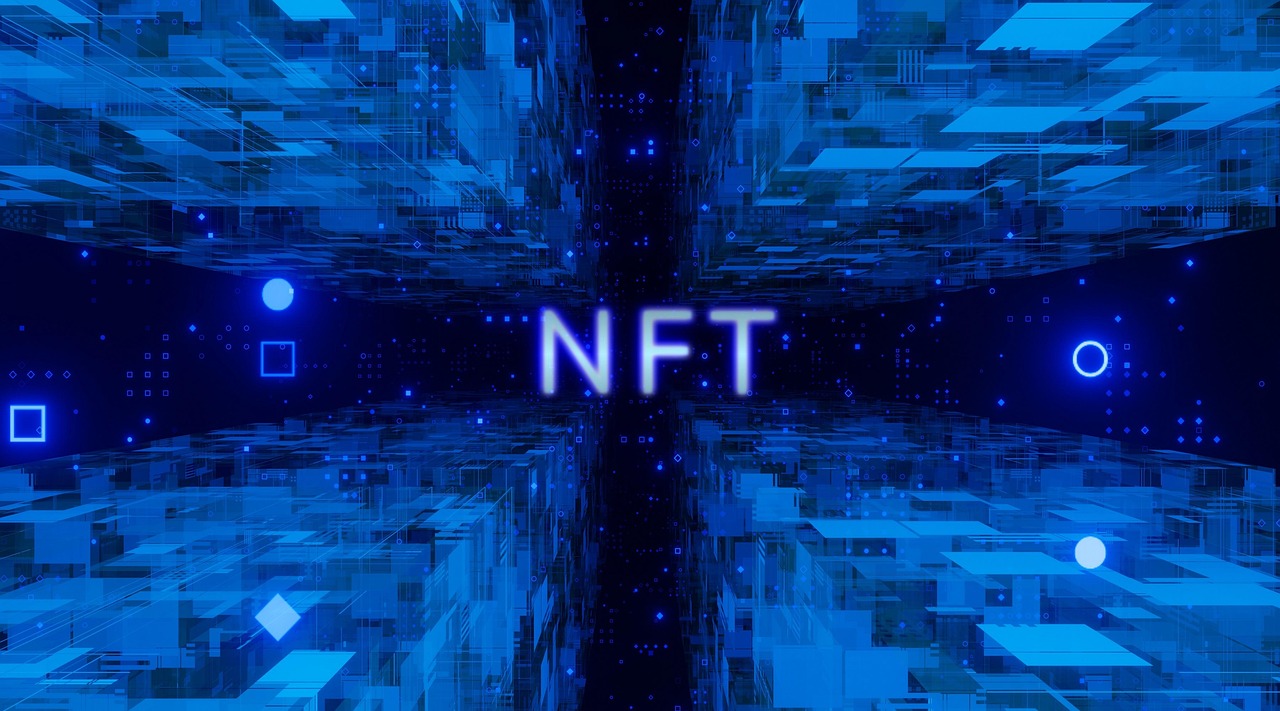
In the rapidly evolving landscape of digital finance, N26, a prominent player in the neo-banking sector, has introduced innovative features designed to enhance user experience and engagement. Among these advancements is the social trade chat feature, which allows users to communicate about trades and investments in real-time. However, as with any digital communication platform, effective moderation is crucial to ensure a safe and productive environment for users.
The concept of social trade chat is not entirely new, but its integration into banking apps marks a significant shift in how financial services are delivered. By enabling users to discuss trades, share insights, and collaborate on investment strategies, N26 is fostering a community-oriented approach to personal finance. Yet, this feature also presents unique challenges, particularly in terms of content moderation, user privacy, and the prevention of misinformation.
The Need for Robust Chat Moderation
Effective moderation in social trade chat platforms is essential for several reasons:
- Preventing Misinformation: In the financial sector, the spread of inaccurate information can have severe consequences, potentially leading to poor investment decisions and financial loss.
- Ensuring Compliance: Financial institutions are bound by strict regulations to prevent market manipulation and fraudulent activities. Chat moderation helps ensure that discussions remain within legal and ethical boundaries.
- Maintaining User Trust: By creating a safe and respectful environment, N26 can foster trust among its users, encouraging more active participation and engagement.
N26 employs a combination of automated systems and human oversight to manage the vast volume of interactions occurring on its platform. Automated tools are used to detect and flag potential violations of community guidelines, such as spam, abusive language, or attempts to manipulate markets. Meanwhile, a team of moderators reviews flagged content to determine the appropriate action, ensuring that decisions are contextually informed and unbiased.
Global Context and Challenges
The challenges faced by N26 in moderating social trade chat are not unique. Globally, digital platforms are grappling with similar issues as they seek to balance open communication with the need for security and compliance. The dynamic nature of financial markets means that moderators must be particularly vigilant, as discussions can quickly influence market perceptions and investor behavior.
Additionally, cultural and linguistic diversity adds another layer of complexity to moderation efforts. N26 operates in multiple countries, each with its own regulatory frameworks and cultural nuances. Moderators must be trained to understand these differences to effectively manage user interactions and prevent misunderstandings.
Technical and Ethical Considerations
From a technical standpoint, the integration of artificial intelligence (AI) and machine learning (ML) into moderation processes has been instrumental in enhancing efficiency and accuracy. These technologies enable real-time analysis of chat content, identifying patterns and anomalies that may indicate a breach of guidelines.
However, the use of AI and ML raises ethical questions, particularly concerning user privacy and the potential for algorithmic bias. It is imperative for N26 to maintain transparency about how user data is collected and utilized, ensuring that privacy policies are clearly communicated and adhered to. Furthermore, continuous evaluation of AI systems is necessary to mitigate bias and improve the fairness of moderation practices.
Conclusion
As N26 continues to innovate in the digital finance space, the effective moderation of its social trade chat feature remains a priority. By leveraging advanced technologies and maintaining a commitment to ethical standards, N26 can create a secure and dynamic platform for its users. As digital communication becomes increasingly integral to financial services, the lessons learned from N26’s approach may serve as a valuable blueprint for other institutions seeking to navigate the complexities of digital interaction.















